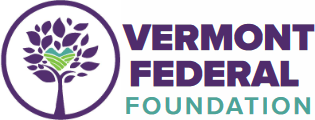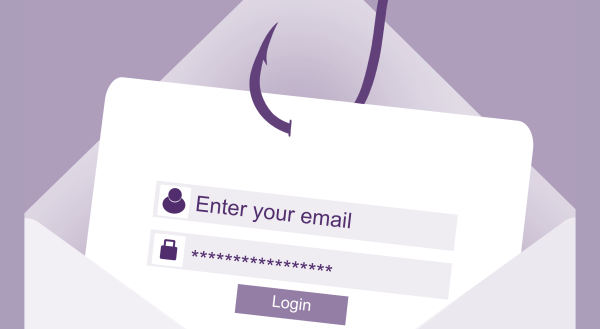If you’ve just clicked on a suspicious link, it’s completely understandable to feel uneasy or worried. Questions like, “Did my device get infected with malware?” or “Is my personal information at risk?” are common and valid concerns. Cyber threats can feel overwhelming, but taking a few quick steps can make a big difference.
Before letting anxiety set in, pause and take a deep breath. Immediate action is important, but it is equally vital to approach the situation calmly and methodically. This guide outlines clear, effective steps to help you secure your information, protect your accounts, and mitigate the risks associated with phishing. You’ll also learn practical ways to recognize and prevent these types of scams in the future, empowering you to navigate digital threats with confidence.
What Is Phishing?
Phishing is a deceptive tactic used by cybercriminals to obtain confidential information. They often hope to gain access to usernames, passwords, or financial account details by posing as a trusted source. Stolen data may be sold online or used to access your other accounts, putting your personal and financial security at risk.
Keep in mind that phishing attempts have evolved beyond email. Today, attackers use:
- URL phishing
- Clone phishing
- Business email compromise
- Vishing (voice phishing)
- Smishing (SMS phishing)
- Quishing (QR code phishing)
During the height of the pandemic, SMS-based scams surged by 328%, illustrating just how innovative and persistent today’s cybercriminals can be.
Signs You’ve Been Phished
OK, here's your new text. Need any more changes? Just let me know.
Unsure whether you’ve been phished? Watch for these warning signs:
- Unusual senders: If a message appears to come from a colleague or acquaintance, verify its authenticity directly with them.
- Altered domains: Cybercriminals may change a single letter in a familiar website address to trick you.
- Urgent requests: Be alert to messages pressing for immediate action or sensitive data, such as banking information.
- Questionable grammar: While some phishing messages contain obvious spelling or grammatical errors, increasingly sophisticated scams may not.
- Suspicious links: Hover over any links to confirm the URL matches the claimed sender’s legitimate website.
What to Do If You Clicked a Phishing Link
If you suspect you’ve clicked on a phishing link, act quickly:
- Do not provide any information: If clicking the link opens a form, close it immediately without entering personal details.
- Disconnect from the internet: Temporarily go offline to help stop any potential malware from spreading across your network. - Back up important files: Use an external drive or USB device to save critical data in case your system is compromised.
- Run a malware scan: Use reputable antivirus software to scan your device for threats. If needed, install antivirus software using a separate, safe device and transfer it via USB.
- Update your passwords: Prioritize sensitive accounts—such as banking, email, and work logins. Create strong, unique passwords for each account and consider using a password manager for added security.
Prevention Is Key
Even if you didn’t notice any immediate impact, treat every phishing attempt as a reminder to stay vigilant. To protect yourself and those around you, remain cautious of unexpected messages, keep your software and security tools up to date, and always use multi-factor authentication when available.
If you think you may have been the victim of a phishing scam, please contact us right away. Our team is here to support you, answer your questions, and help you take steps to secure your accounts and personal information. Your safety matters, so don’t hesitate to reach out.








